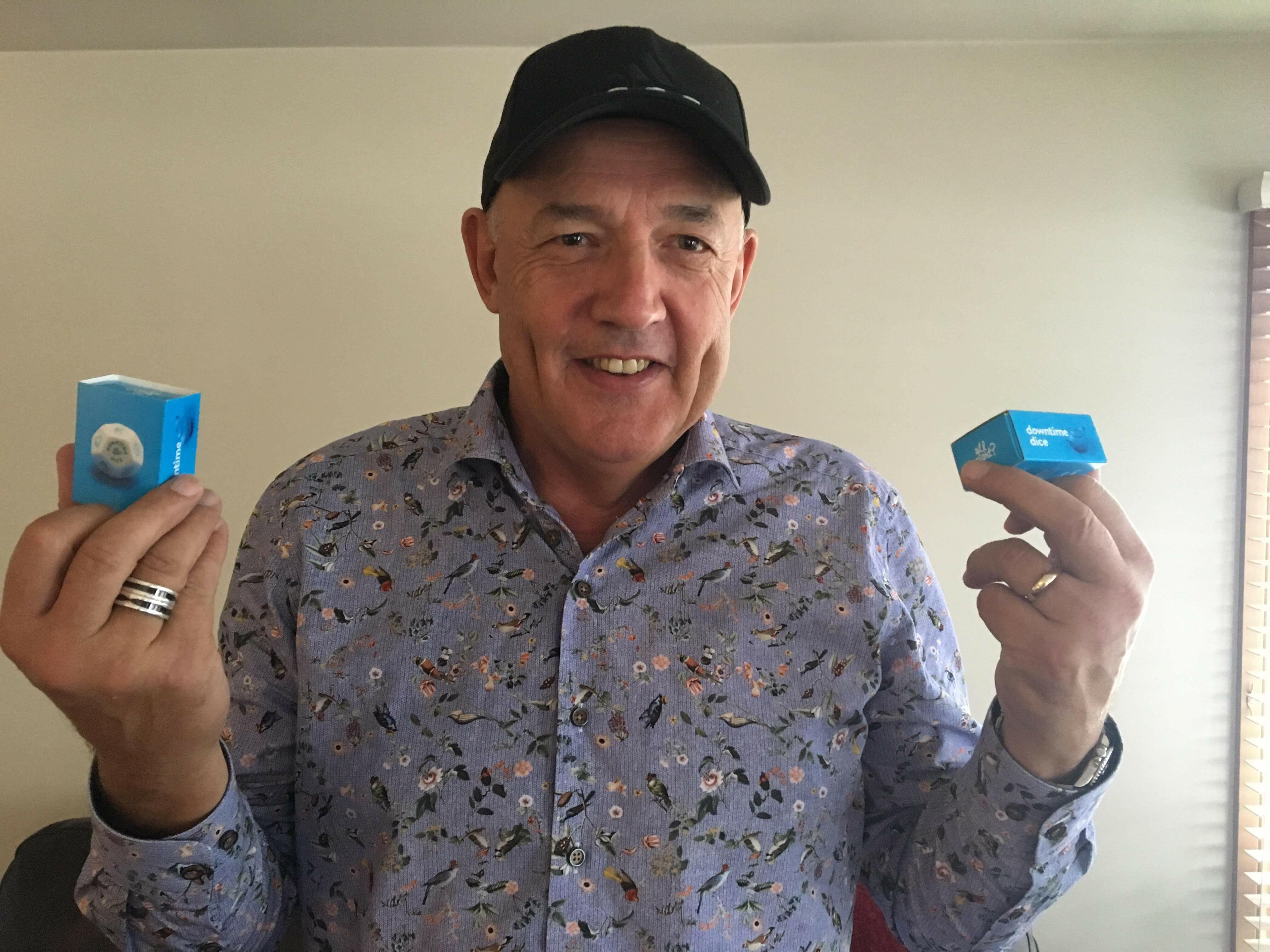When Gilbert Enoka isn’t helping the All Blacks stay emotionally fit, he’s looking after his own mental health by doing downtime.
As the leadership manager and mental skills coach for the All Blacks, Gilbert Enoka has an action-packed and unpredictable schedule.
So when the Christchurch-based legend has a day off or time to himself, he refuels his tank by doing bikram yoga, connecting with family, by phone, email or skype if he’s on tour, and having regular 90 minute massages.
“Life on tour is hectic and it’s full and it’s eclectic - it’s all over the place. So it can go in many many directions.”
“I have a very deliberate day that actually fills my tank and no matter where I am in the world, I can get access to those things,” says Enoka.
“Downtime can be simple things like reading a book, having a coffee, having a treat of some sort, watching something that you particularly like to see, going for a walk - but it’s the ordinary and soul-enriching nature of those pleasures that really enhance individuals and increase their capacity to function at high levels and feel really good about themselves.”
When considering how to spend downtime, think about what brings you pleasure, says Enoka.
“A lot of people come in and give certain ideas but it’s having something you can do, no matter where you are in the world, or whether you’re travelling. It has to be something that can be enjoyed everyday and it brings pleasure to you.”
Enoka stresses the word ‘deliberate’, when discussing how to bring downtime into daily life.
“Sometimes when people have been doing a heck of a lot of things, the worse thing they can think of doing is nothing. So, downtime has lots of different components to it.”
“The key I think, is understanding the relationship between the waves of recovery and the waves of stress together, and then it’s the actual scheduling of these in your day. It’s deliberate, planned activity for those specific periods that you put in.”
